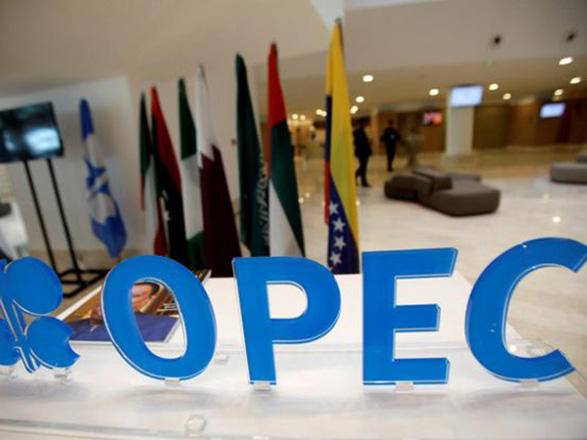Nigeria, the biggest producer of crude oil in Africa, is prepared to face difficulties in its oil output in the wake of the Organization of Petroleum Exporting Countries (OPEC) and its allies’ recent decision to prolong output restrictions for an additional three months.
The move poses a serious challenge to Nigeria’s oil industry and is intended to stabilize the world’s oil markets in the face of continuous instability.
The prolonged output reduction has an impact on the nation’s economy and financial planning because of its heavy reliance on oil money.
According to AIONA’s chief operating officer, Jide Pratt, Nigeria should concentrate on achieving its production goals, which it has long since failed to do.
“To improve our economic circumstances, Nigeria must concentrate on achieving its quota of 1.57 million barrels per day (bpd) and eventually 1.8 million bpd. “This should be our government’s primary focus,” Pratt added.
“ Our gas projects also need to be delivered to help our economy yet again. At the time we hit 1.8mbpd, we can then have conversations with OPEC.”
He claims that one thing the output cut demonstrates is the OPEC members’ evident solidarity in trying to hold prices at $80 and above for the foreseeable future. “If this is maintained for the remainder of 2024, the market will tighten.”
Nigeria’s compliance with OPEC’s output limits has already come under investigation, with obstacles like pipeline vandalism and volatile oil prices making it difficult for the country to reach its goals. To lessen the impact on Nigeria’s economy, the extended output decrease emphasizes the necessity of strategic planning and diversification initiatives.
Nigeria produced 1.42 million barrels of oil per day before the announcement of the output reduction, according to the OPEC monthly report on the oil market. Nigeria is anticipated to modify its production levels following OPEC’s directions as a result of the prolongation of the output cut, which will have an additional effect on its estimates of oil revenue for the upcoming months.
Stakeholders emphasize the necessity for proactive steps to lessen the protracted output cut’s impact on the economy as Nigeria navigates its issues. To guarantee long-term market stability, this entails making the most of chances in non-oil industries, improving the effectiveness of oil production and distribution, and bolstering cooperation with OPEC and its allies.
OPEC+, led by Russia and Saudi Arabia, agreed to extend the recent voluntary cuts in oil output by an extra three months to raise prices, which have remained low due to ongoing geopolitical tensions in the Middle East and Europe.
According to the official news agency, Saudi Arabia decided to prolong its voluntary production reduction by one million barrels per day for the following three months. These reductions, which go into effect in July 2023, come on top of the 500,000 barrels per day that were decided upon in April of the same year.
According to information released by the Nigerian Upstream Petroleum Regulatory Commission (NUPRC), Nigeria’s daily oil output target has been increased to 2.5 million barrels. This disclosure was made on Friday in a document that was received from the NUPRC in Abuja.
Nigeria’s key position in Africa’s oil and gas industry was emphasized by Gbenga Komolafe, Chief Executive of the NUPRC, who also highlighted the country’s large reserves.
He stated, “In the near future, the commission aims to achieve the national average daily production target of 2.5 million barrels of oil and condensate per day, as well as to ensure that the Petroleum Industry Act is effectively implemented for growth in oil and gas reserves.”
Noting that Nigeria holds 30% and 34% of Africa’s oil and gas reserves, respectively, Komolafe emphasized the enormous potential of Nigeria’s oil and gas reserves for sustainable growth and prosperity.
“Although the actual national production currently averages 1.33 million barrels of oil per day and 256,000 barrels of condensate per day, the national technical production potential currently stands at 2.26 million bpd while the current OPEC quota is 1.5 million bpd,” he explained about the current production figures.



